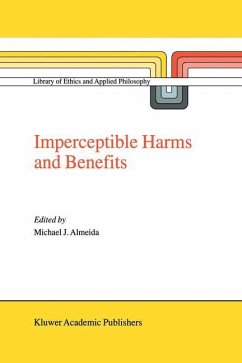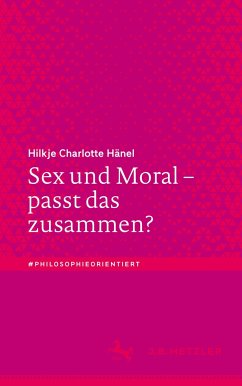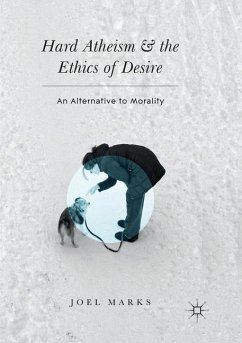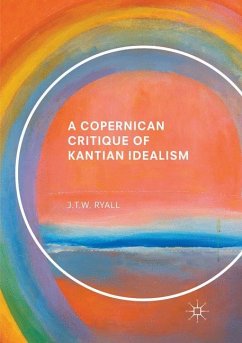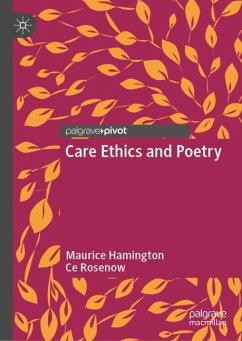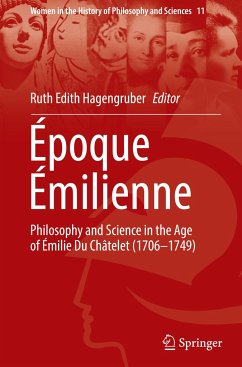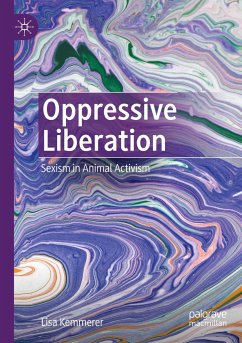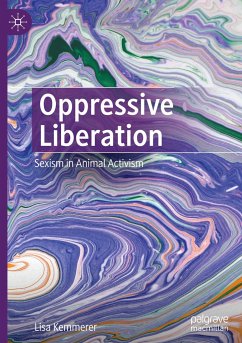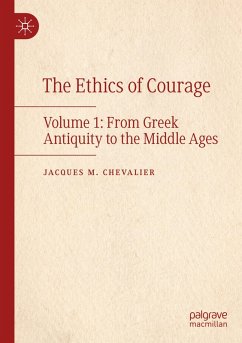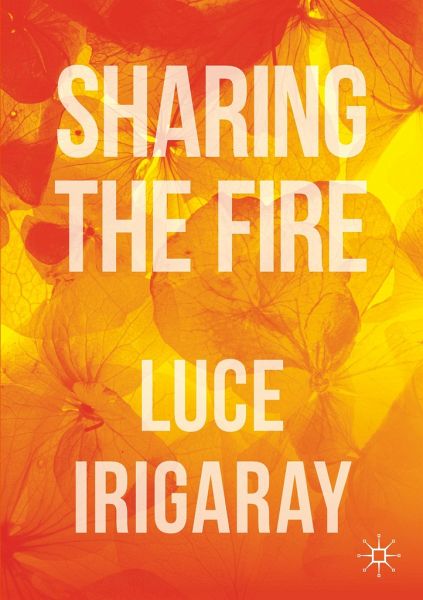
Sharing the Fire
Outline of a Dialectics of Sensitivity

PAYBACK Punkte
11 °P sammeln!
Whilst he broaches the theme of the difference between the sexes, Hegel does not go deep enough into the question of their mutual desire as a crucial stage in our becoming truly human. He ignores the dialectical process regarding sensitivity and sensuousness. And yet this is needed to make spiritual the relation between two human subjectivities differently determined by nature and to ensure the connection between body and spirit, nature and culture, private life and public life. This leads Hegel to fragment human subjectivity into yearnings for art, religion and philosophy thereby losing the u...
Whilst he broaches the theme of the difference between the sexes, Hegel does not go deep enough into the question of their mutual desire as a crucial stage in our becoming truly human. He ignores the dialectical process regarding sensitivity and sensuousness. And yet this is needed to make spiritual the relation between two human subjectivities differently determined by nature and to ensure the connection between body and spirit, nature and culture, private life and public life. This leads Hegel to fragment human subjectivity into yearnings for art, religion and philosophy thereby losing the unity attained through the cultivation of a longing for the absolute born of a desire for one another as different.
Furthermore, our epoch of history is different from the Hegelian one and demands that we consider additional aspects of human subjectivity. This is essential if we are to overcome the nihilism inherent in our traditional metaphysics without falling into aworse nihilism due toa lack of rigorous thinking common today.
The increasing power of technique and technologies as well as the task of building a world culture are two other challenges we face. Our sexuate belonging provides us with a universal living determination of our subjectivity - now a dual subjectivity - and also with a natural energy potential which allows us to use technical resources without becoming dependent on them.
Furthermore, our epoch of history is different from the Hegelian one and demands that we consider additional aspects of human subjectivity. This is essential if we are to overcome the nihilism inherent in our traditional metaphysics without falling into aworse nihilism due toa lack of rigorous thinking common today.
The increasing power of technique and technologies as well as the task of building a world culture are two other challenges we face. Our sexuate belonging provides us with a universal living determination of our subjectivity - now a dual subjectivity - and also with a natural energy potential which allows us to use technical resources without becoming dependent on them.





